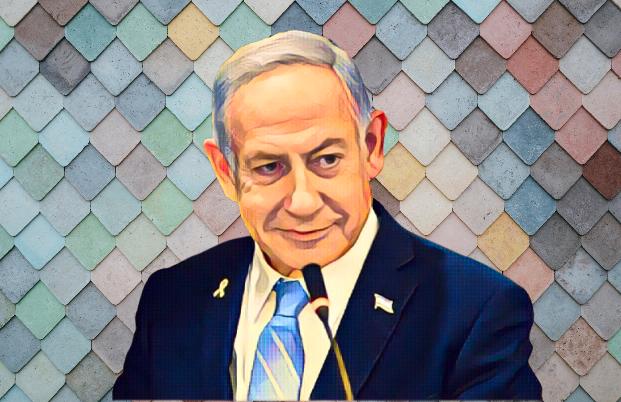KEY POINTS
- Netanyahu is weighing a full Gaza takeover as war drags.
- Israel’s military leaders are presenting campaign options.
- The humanitarian crisis deepens amid international concern.
Israeli Prime Minister Benjamin Netanyahu is considering a complete military takeover of the Gaza Strip, reigniting debate over the country’s long-term strategy nearly two years into a grinding war with Hamas.
Despite global calls for a ceasefire and worsening humanitarian conditions, Netanyahu met with top security officials on Tuesday to weigh military options as diplomatic talks remain frozen and aid convoys face deadly obstructions.
Netanyahu mulls Gaza takeover amid backlash
The meeting, which included Chief of Staff Eyal Zamir, Defense Minister Israel Katz, and Strategic Affairs Minister Ron Dermer, centered on future operations in Gaza. Israeli media reports suggest Netanyahu favors reclaiming full control of the territory—reversing Israel’s 2005 disengagement plan. A final decision could be made at a cabinet meeting scheduled for Thursday.
Channel 12 reported that Netanyahu is leaning toward a total ground operation, though it remains unclear whether such a move would be short-term to dismantle Hamas or a long-term occupation. His office declined to comment on the specifics but stressed that Israel remains committed to defeating Hamas, recovering hostages, and neutralizing future threats.
Hunger and deaths rise as aid stalls again
According to Gaza’s Health Ministry, at least 20 people were killed waiting for U.N. aid trucks, and eight died of starvation. Over 188 Palestinians, including 94 children, are confirmed dead from hunger since the war began.
Despite rising global concern, U.S. President Donald Trump refrained from endorsing Israel’s next steps, stating only that Washington’s priority was feeding civilians. Meanwhile, far-right members of Netanyahu’s coalition, including National Security Minister Itamar Ben Gvir, pushed for more aggressive action. Critics within Israel’s military warned that further expansion may stretch the army too thin, as reservist fatigue sets in.
MyJoyOnline stated that the Palestinian Foreign Ministry urged world powers to intervene, cautioning that Israel’s move may be a political tactic rather than a military necessity. Yet on the ground, tanks are moving, hostages remain underground, and displaced civilians have few places left to run.




